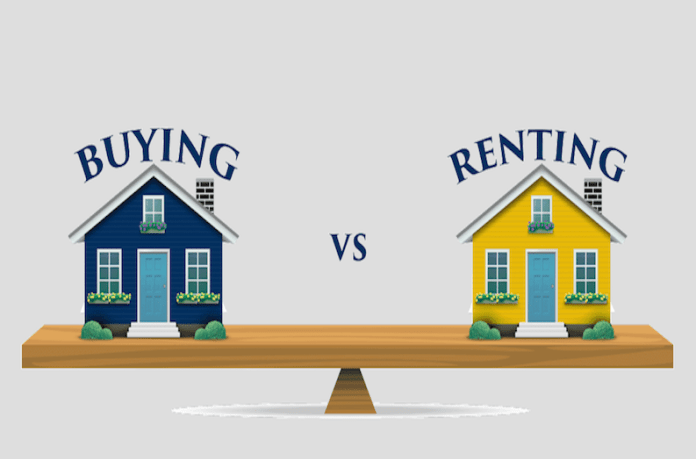The Pros and Cons of Renting vs. Buying a Home: Making the Right Housing Decision
Introduction:
- Deciding between renting and buying a home is a significant
life choice that can have a profound impact on your finances and lifestyle.
Each option comes with its own set of advantages and disadvantages. In this
comprehensive guide, we will explore the pros and cons of renting and buying a
home, helping you make an informed decision that aligns with your unique
circumstances and long-term goals.
- Whether you're a first-time homebuyer or
considering the flexibility of renting, this guide will equip you with the
necessary insights to navigate this important housing choice.
1. Renting a Home:
- Flexibility: Renting offers the flexibility to move easily without the burden of selling a property.
- Lower Upfront Costs: Renters typically have lower upfront costs, such as a security deposit, compared to homebuyers.
- Maintenance Responsibility: Landlords are typically responsible for property maintenance and repairs.
- Limited Equity Building: Renting does not build equity, making it a less favorable option for long-term wealth accumulation.
- Limited Personalization: Renters may have restrictions on making changes or improvements to the property according to personal preferences.
- Rent Increases: Rent prices may increase over time, potentially impacting your budget.
2. Buying a Home:
- Equity Building: Homeownership allows you to build equity and potentially benefit from property appreciation.
- Stability: Owning a home provides stability and a sense of belonging to a community.
- Personalization: Homeowners have the freedom to customize and improve their property according to their preferences.
- Financial Commitment: Buying a home requires a substantial financial commitment, including a down payment and ongoing mortgage payments.
- Maintenance Responsibility: Homeowners are responsible for all maintenance and repair costs, which can be significant.
- - Less Flexibility: Selling a home can be time-consuming and may incur additional expenses.
3. Financial Considerations:
- Compare the financial aspects of renting and buying, including monthly costs, tax implications, potential for property appreciation, and the impact on your overall financial plan.
4. Lifestyle Considerations:
- Assess your lifestyle preferences and long-term goals. Consider factors such as job stability, family size, desired location, and willingness to handle home maintenance.
5. Market Conditions:
- Evaluate the local real estate market conditions and trends. Research property prices, rental rates, and the overall housing market outlook to make an informed decision.
6. Renting with the Option to Buy:
- Consider a rent-to-own option, which allows renters to apply a portion of their rent towards future down payment if they decide to purchase the property.
Conclusion:
Renting and buying a home each come with their own set of
advantages and disadvantages, making the decision a deeply personal one.
Evaluate the pros and cons outlined in this guide, taking into account your
financial situation, lifestyle preferences, and long-term goals. Remember,
there is no one-size-fits-all answer, and what may be the right choice for one
person may not suit another. Whether you choose to rent or buy, make an
informed decision that aligns with your unique circumstances and supports your
vision of a happy and secure future. Ultimately, both options offer
opportunities to create a comfortable and fulfilling living space – the key is
to find what works best for you.
If you found this article helpful and informative, please give it a like 👍 and don’t forget to follow for more exciting content!

Comments
Post a Comment
Write comments